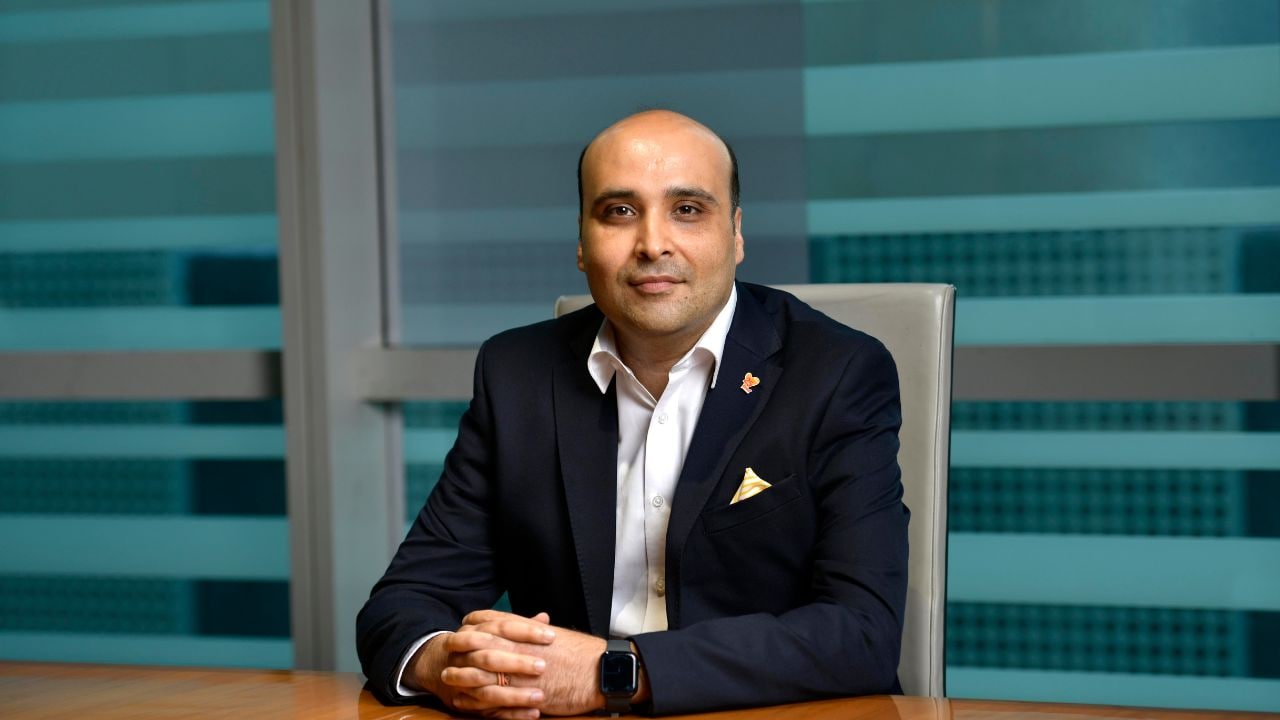McDonald’s South & West recently partnered with CSIR-Central Food Technological Research Institute (CFTRI), operating under the Ministry of Science & Technology, to introduce a multi-millet bun. The quick-service restaurant (QSR) chain plans to open approximately 580 to 630 restaurants by December 2027, averaging 40 to 50 new locations annually.
As of June 2024, the chain operated 403 restaurants across 66 cities. Of these, 92% featured McCafés, 86% were Experience of the Future (EOTF) locations, and 20% included drive-thrus. According to the company’s July 2024 earnings presentation, McCafé is projected to contribute 15%-18% of the business by 2027. For the quarter ending June 30, 2024, Westlife Foodworld, a publicly traded entity, reported sales of ₹616 crore, marking a 0.3% year-over-year increase.
Saurabh Kalra, Managing Director of Westlife Foodworld (McDonald’s South & West), discussed the company’s Licensing and Merchandising (L&M) strategy, stating, “We have consistently partnered with Indian companies. For instance, our Oreo McFlurry is a local collaboration, as is our deal with KitKat. We are always exploring opportunities. The positive aspect is that 99% of our supply chain is domestic—made in India, by Indians, for Indians.”
Kalra added, “We prefer executing Licensing and Merchandising agreements within the domestic market to better connect with Indian consumers.”
Outlining McDonald’s Vision 2027, Kalra remarked, “Our goal is to have 580 to 630 restaurants by December 2027, achieving revenues of ₹4,200 crore or more, along with high double-digit EBITDA. We plan to open 40 to 50 restaurants annually.”
He continued, “Recently, we launched two ‘oil-alliance’ Drive-Thru stores in partnership with Bharat Petroleum Corporation Ltd. (BPCL) at wayside amenities on the Delhi-Mumbai Super Expressway, in Goriyad and Sarawani near Vadodara, Gujarat. As part of our Vision 2027, over 50% of our new stores will focus on the South region while maintaining our leadership in the West.”
Maharashtra Food and Drugs Administration (FDA) had conducted inspection at McDonald’s for allegedly using substitutes in place of real cheese in burgers and nuggets. The FDA had suspended the licence of a McDonald’s outlet in Ahmednagar, leading the chain to remove the term “cheese” from various items. The licence was, however, revoked later.
When asked whether the healthy millet bun collaboration with CFTRI was an attempt to whitewash the brand’s image following the ‘fake’ cheese controversy, Kalra responded, “Our Real Food, Real Good initiative began over four and a half years ago, just before COVID. This was a long-term strategy we developed. Discussions with CFTRI started well before the cheese crisis.”
He further explained, “The cheese controversy is behind us. We’ve been fully transparent, and regulatory authorities, including the FDA and FSSAI, have cleared us of any wrongdoing. McDonald’s cheese has always been real cheese, and no recipe changes were ever made.”
